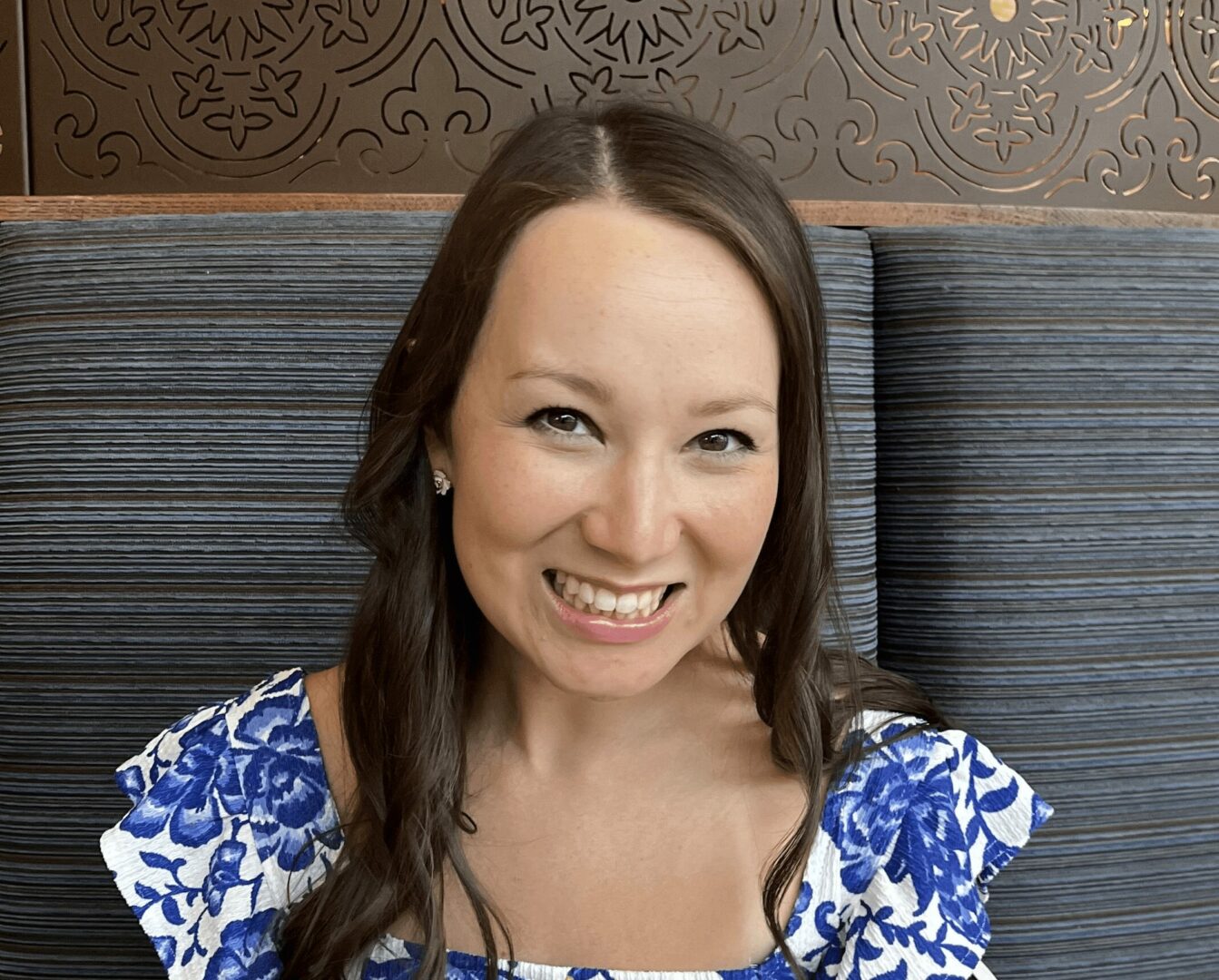We recently connected with Sarah Leong and have shared our conversation below.
Sarah, so great to have you with us today. There are so many topics we want to ask you about, but perhaps the one we can start with is burnout. How have you overcome or avoided burnout?
I entered the field of speech pathology with an abundance of passion and every new grad’s desire to take off running. Discovering the area of study at the young age of 13, I had known that I wanted to pursue this career for almost a decade. My desire to make a tangible difference in people’s lives drove me to pour my heart into my work each and every day. However, burnout is all too common in helping professions and especially in the ICU environment. I loved the work, my medical team, and the patients, but working with critically ill patients and watching patients pass away frequently is a difficult burden to bear. After 5 years of working in the hospital environment, I decided it was time for a change. With my expertise in infant feeding and a strong desire to continue to support families in this area, I created a private practice to conduct in-home visits for families facing the stress of infant feeding difficulties. It has been a privilege to continue to do what I love, bringing my passion to a different population but families who need support nonetheless.
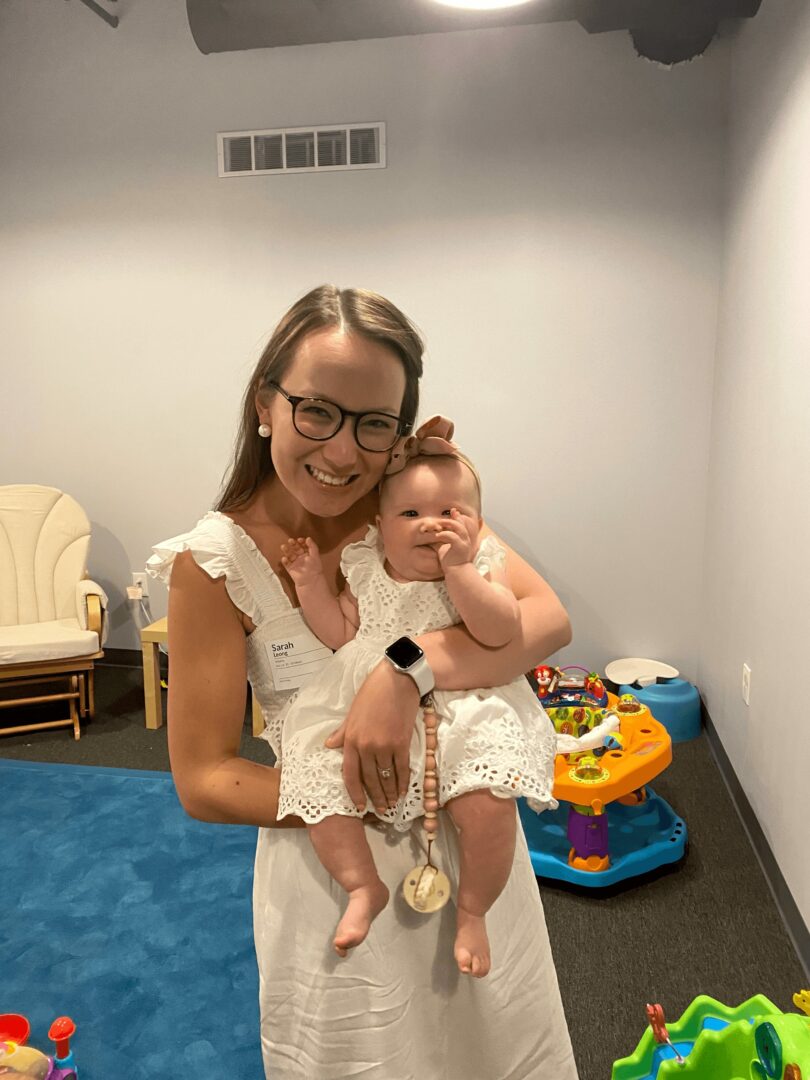
Great, so let’s take a few minutes and cover your story. What should folks know about you and what you do?
I am a speech-language pathologist (SLP) by training, and I receive the same response each time: “My baby can’t talk; our problem is with feeding!” Most people’s archetype of an SLP is the nice lady at their elementary school who helps kids pronounce their /r/ sound better. However, the scope of the field is much wider than that, encompassing speech sounds, language, cognition, feeding, and swallowing from infancy through end of life. Our coursework covers neurology and the anatomy and physiology of the head and neck, so we are the experts in how these function to produce speech/language as well as feeding and swallowing.
My entire career has been spent in the hospital setting, so I have concentrated primarily on infant feeding and swallowing. Whether a baby was in the hospital for prematurity, failure to thrive (not gaining weight appropriately), a cancer diagnosis, or a heart anomaly requiring surgery, I supported them in being able to safely eat by mouth and wean off feeding tubes. It was a joy to watch them progress and to teach families strategies on how to feed, position, and pace their babies for a positive feeding experience.
Speech pathologists are qualified to assess how coordinated and efficient the mouth muscles work as well as whether someone is safely swallowing (basically, is it going down the tube to the stomach or lungs), so I worked with babies who both bottle fed and breastfed. I was interested in delving deeper into the specifics of breastfeeding, so I completed training to become a Certified Lactation Counselor (CLC). This enabled me to support moms regardless of how they choose to feed their babies.
With more experience (both professional and in my own journey as a mom), I realized that the postpartum period is such a vulnerable time. When struggling to feed your baby and recovery from birth, no one wants to get ready and leave their house to go to an appointment to seek help. With that, Leong Lactation was born. I offer in-home consultations for the full range of infant feeding: breastfeeding, bottle feeding, and introducing solid food. There is a dire need for early intervention when feeding problems occur, and I am uniquely equipped based on my range of experiences. It is a joy to support parents in the comfort of their own homes and equip them to carry over strategies to make feeding easier, safer, and more enjoyable for everyone!

There is so much advice out there about all the different skills and qualities folks need to develop in order to succeed in today’s highly competitive environment and often it can feel overwhelming. So, if we had to break it down to just the three that matter most, which three skills or qualities would you focus on?
Firstly, the quality of compassion has been central to serving my patients. It is one that came naturally, as I have always felt deeply what others felt and become saddened when they went through difficult times. Thus, I sought out a helping profession from the start. However, there were two major events in my life that drastically increased my capacity for compassion: one journey to a difficult medical diagnosis and one life-changing car accident. In the first, I saw multitudes of healthcare providers prior to diagnosis who neglected to listen well, and I suffered for years because they did not arrive at the appropriate conclusion; they hadn’t taken the time to ask the right questions and hear me out. I also realized how it made me felt for a provider to “listen” with their back turned to me and type on a computer. These significantly shaped how I wanted to attend to and reflectively listen to my patients to ensure they had a better experience. Secondly, after I endured significant pain and permanent damage requiring multiple surgeries and eventual compensation due to lack of healing, I have deep empathy for those who struggle with feeding problems that are chronic and the stress of navigating the healthcare system. I always strive to validate their feelings of sorrow, frustration, and loneliness because it can be so difficult.
This leads into the second skill of reflective listening that impacted my journey. I took a counseling class all the way back in my senior year of undergrad, and it radically changed the way I interact with people in general, especially my patients. Rather than commenting my own thoughts or asking more questions, I realized it was far more powerful to reflect back what I had heard to affirm the person and confirm whether I understood correctly. I would highly recommend researching this topic to any medical provider and putting it into practice.
Finally, an area of knowledge that was the most impactful in my journey was my first dysphagia class in grad school. Prior to that, I had assumed I would work in early intervention because I enjoyed child language, but I discovered that the swallowing mechanism and clinical strategies to manage it were fascinating, and it changed the trajectory of my career. I would recommend that all speech pathology students keep an open mind about the area of practice or patient population they want to work with until exploring fully.
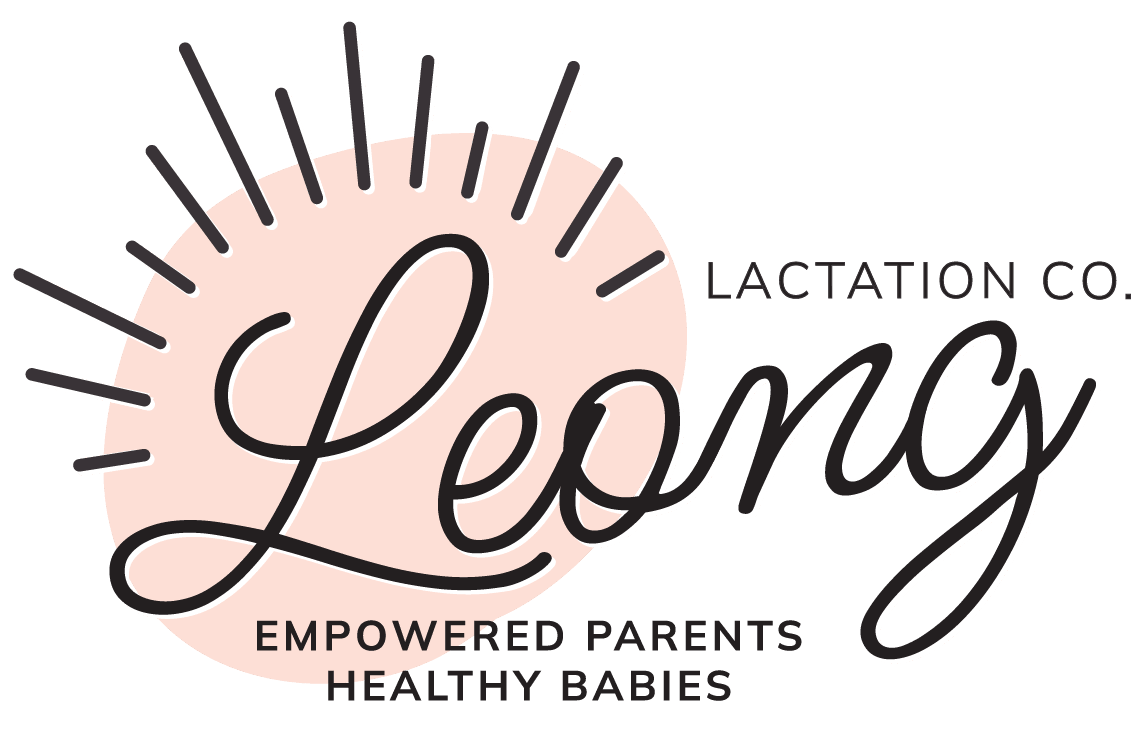
What’s been one of your main areas of growth this year?
Developing a private practice has been an incredible journey that has stretched me in new ways. In the first years of my career, growth was primarily focused on clinical skills. However, once becoming an expert in infant feeding (although still always learning), this change in setting required a much different skillset that no one teaches in grad school. It took much more research to develop a business plan, identify personnel to help me form an LLC, seek out my own malpractice insurance, and more. Additionally, marketing myself versus clients coming to the hospital has been a whole new world. There is a certain awkwardness when I want to avoid self-promotion but also have to talk about myself in order to meet clients, but overcoming this has enabled me to be able to help people who need it.
Contact Info:
- Website: https://leonglactation.com
- Instagram: https://www.instagram.com/LeongLactationCo
- Facebook: https://www.facebook.com/profile.php?id=61554502917777
- Linkedin: https://www.linkedin.com/in/sarah-chu-leong/

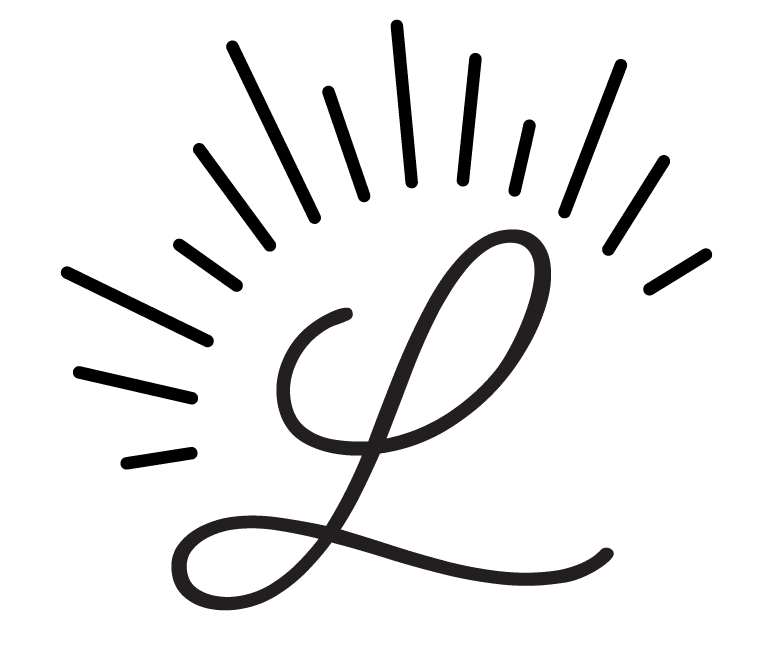
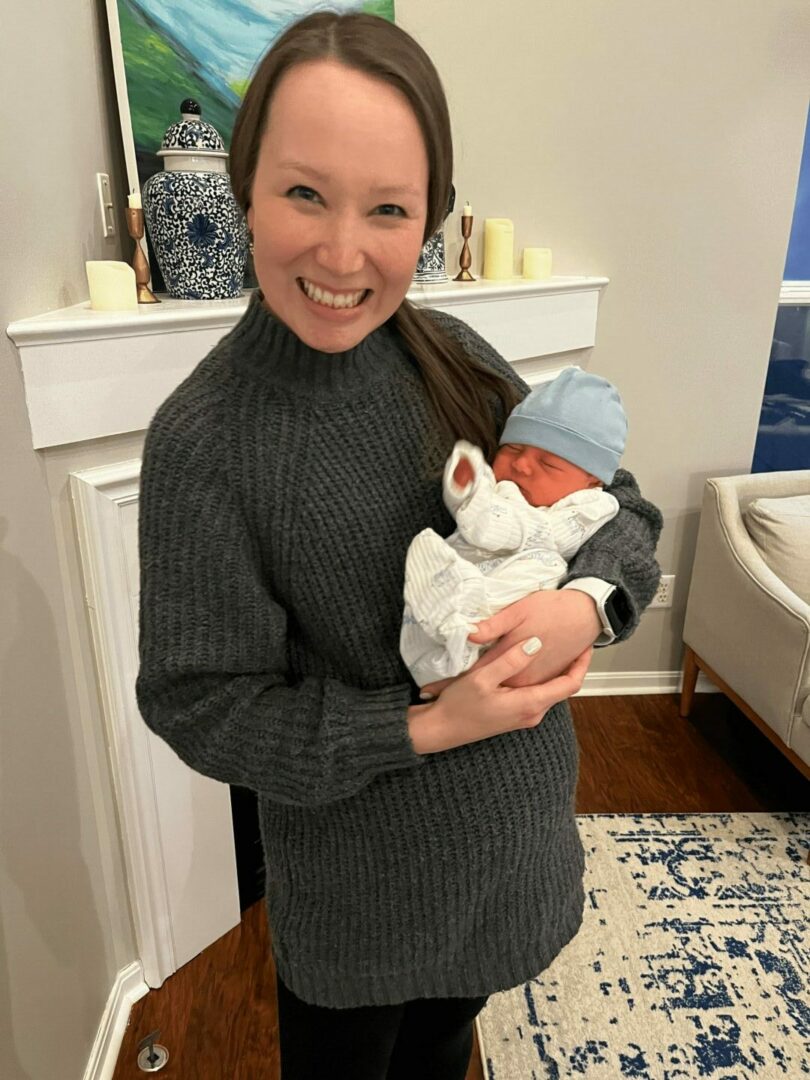
so if you or someone you know deserves recognition please let us know here.

